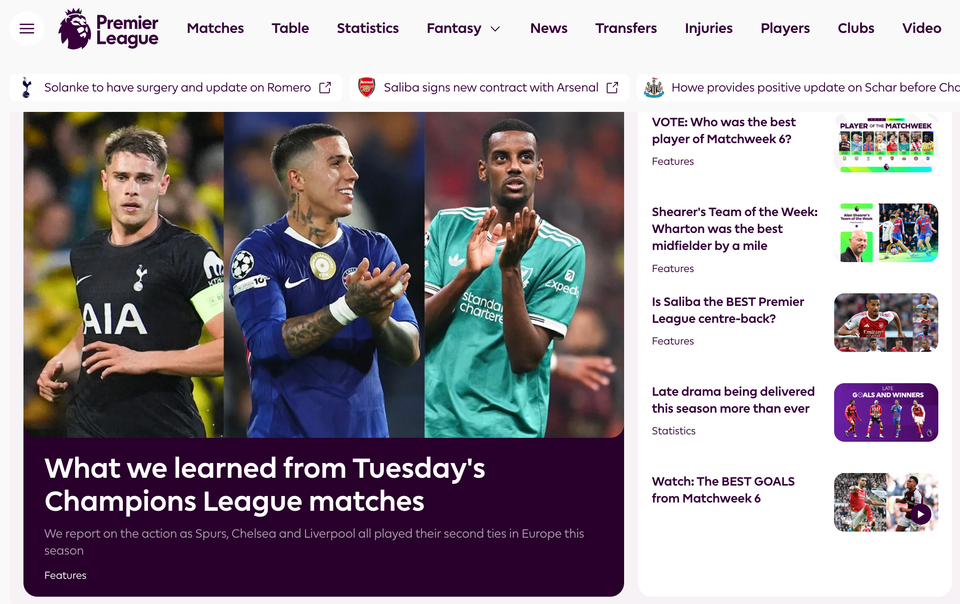The new media economy with Twitter at the heart
I’ve been watching the Twitter phenomenon closely over the past days and I tell you, it’s getting more and more exciting watching the mainstream — and even new-mainstream media — trying to figure it out.
For so long we’ve been used to reading The Times — for example — and getting the news, with *authority* — from them. News written by serious people wearing serious scowls disdaining of the great unwashed and, every day, deigning to let us take a peak into their world.
One of my good friends was until recently at a senior position in a national newspaper here. She spoke of ‘civilians’ and D-list notices and, frankly, having all the gossip and — if you were lucky, she might even tell you what the rest of the know-all on-the-pulse newsroom team were talking about.
The actor Stephen Fry was stuck in a lift for X minutes last night.
The Times had the story. In fact 41 other news outlets served by Google News picked it up:

What I found really fascinating was this critical Tweet on the frylift conversation:

It reads:
dmacfarlane: Deary me. It took 10 hours for DigitalSpy to update us all on @stephenfry’s #frylift escapades. They’re slacking.
DigitalSpy is described as the UK’s leading website for all things media and entertainment. I visit them now and again and enjoy the site.
However dmacfarlane raises an interesting point. 10 hours? The Stephen Fry episode took place at, what, just before 11pm yesterday? And DigitalSpy published a story on the matter at 09:42am the next morning.
Is that simply not good enough? Clearly, the author has got into work, had a look about, knocked up the post and got it live on the site just before 10am.
Is that perfectly fine? I suppose so.
But then again, if it happened 10+ hours ago, isn’t that unacceptable? The Daily Mail got in there with a post at 1:54pm today. That’s a bit late.
I wonder, I wonder.
What is clear is that Twitter is becoming the source of an increasing amount of news/entertainment stories. And, as a result, there’s next to no room for the Old Media Ego (or, indeed, the New Media Ego). The source is right there for you to read on Twitter. If you’re interested enough to read a story about Stephen Fry (and you’re a bit geeky), chances are you’ve already subscribed to Fry via Twitter and you already experienced this.
Which reduces the value of the story to a little bit of delight to see Twitter getting a mention.
Of course that’s also helping educate the masses about the possibilities of Twitter.
But how long before you switch off The Daily Mail and Digital Spy and simply get the news and opinion raw, unfiltered and direct from the celeb themselves?
2 years ago, would the Daily Mail, or The Times, have printed a story about Stephen Fry stuck in a lift?



